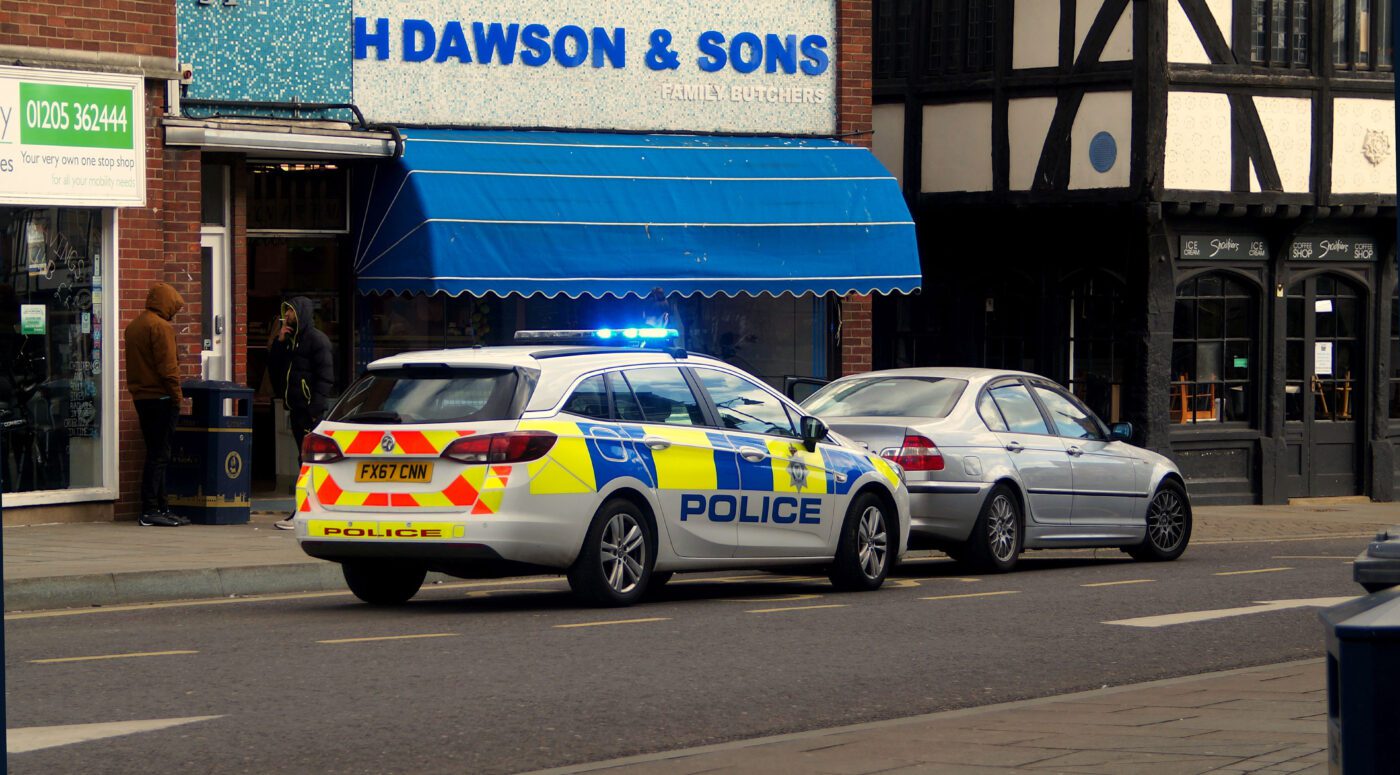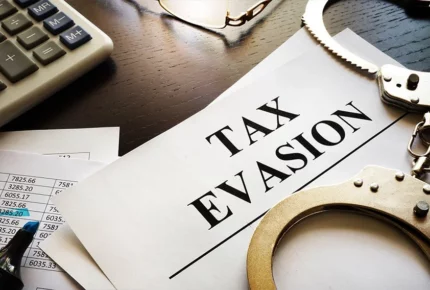

Facing charges like conspiracy to handle stolen goods can feel overwhelming, but early legal advice can make a significant difference in the outcome of your case. In this article, we will explain clearly whether you need a solicitor specifically for conspiracy charges and what role they play in building your defence. We’ll also answer common questions you might have, such as what defences might apply to your situation, what factors influence your chances of getting bail, and the possible penalties you could face. Understanding your rights and options will help you feel more confident moving forward, and avoid common pitfalls when dealing with this complex and serious allegation.
Do I need a solicitor for conspiracy to handle stolen goods?
Conspiracy to handle stolen goods offences – in part governed by the Theft Act 1968 – are notoriously complicated, as prosecutors must demonstrate that an agreement existed between two or more people and that you were party to this agreement. Proving the knowledge or belief regarding the stolen status of the items involved can also bring complex evidential points into play. A solicitor will carefully examine the prosecution’s evidence, identifying weaknesses or inconsistencies that could help construct an effective defence strategy.
A skilled criminal solicitor can also assist you by:
- Clarifying the charges you face and what the prosecuting authorities must prove to secure a conviction.
- Offering expert advice throughout every stage of criminal proceedings, from the initial police interview to representation in court.
- Examining evidence carefully, conducting thorough investigations, and identifying potential flaws in the prosecution’s case.
- Using their expertise to negotiate with the prosecution, potentially reducing charges or achieving a more favourable outcome for you.
- Providing strategic courtroom advocacy, helping you present your defence clearly and persuasively before a judge or jury.
What are possible defences for conspiracy to handle stolen goods?
One potential defence is demonstrating a lack of agreement. Conspiracy involves an agreement or understanding between two or more people to commit an offence. It may therefore be possible to argue that you did not agree to commit the offence, were not party to any arrangement, or were not aware of its existence.
Another common defence relates to your knowledge or awareness of the stolen status of the goods. Many conspiracy cases turn on whether the accused genuinely knew or believed the goods involved were stolen. If you can show that you reasonably and honestly believed the goods were legitimate, or had no reason to suspect they were stolen, this may be a successful defence.
Duress can also be raised as a possible defence. Duress occurs when an individual is threatened or pressured into taking part in criminal activity by others. When relying on duress, it will be necessary to prove that you committed the act due to significant threats of serious harm or violence, and that a person of reasonable firmness in your position would have acted in the same way.
Mistaken identity or insufficient evidence commonly forms another basis for defence. The prosecution must prove your guilt beyond reasonable doubt. If there is strong evidence pointing towards mistaken identity or insufficient evidence linking you directly to the offence, this can result in an acquittal or charges being dropped.
Will I get bail for conspiracy to handle stolen goods?
When the court evaluates your suitability for bail, they will assess several key issues, including:
- The seriousness and scale of the alleged conspiracy – the court will consider the value and nature of the stolen goods involved.
- Your previous criminal record, particularly any offences of dishonesty or similar crimes.
- Whether you are viewed as a flight risk who may not attend court as required.
- Any possibility that you could interfere with witnesses or evidence involved in the case.
- Your personal situation, including your ties to the local community, employment status, stable residence, and family commitments.
Bail decisions are made on a case-by-case basis, and even serious charges like conspiracy to handle stolen goods do not automatically prohibit bail. Ask a solicitor for further guidance on bail eligibility.
Will I have to go to court if I’m arrested or charged for conspiracy to handle stolen goods?
If you are charged with conspiracy to handle stolen goods, you will almost certainly be required to go to court.
Initially, your case will start in the Magistrates’ Court. However, conspiracy offences, particularly conspiracy to handle stolen goods, are regarded as either-way offences. This means your case could potentially progress to the Crown Court, depending on factors such as:
- The nature and seriousness of the allegations.
- The complexity and value of the stolen goods involved.
- Whether the Magistrates’ Court believes its sentencing powers are adequate for the potential penalties involved.
- Your plea—whether you decide to plead guilty or not guilty.
- Decisions made by magistrates on jurisdiction.
Will I go to jail if found guilty of conspiracy to handle stolen goods?
If you are found guilty of conspiracy to handle stolen goods, it does not automatically mean you will go to prison. Sentencing in such cases varies depending on the specific circumstances and seriousness of the offence, your own role and involvement, your personal circumstances, and whether you have any previous criminal convictions.
The judge will consider a range of factors, including:
- The value of the stolen goods involved.
- The extent of your participation in the conspiracy.
- Whether the offence was premeditated or planned over a prolonged period.
- Your individual circumstances, such as employment, family responsibilities, age, health and background.
- Your criminal record or previous convictions, if any.
- Whether you pleaded guilty at an early stage, thus demonstrating remorse or cooperation.
Sentencing guidelines can range from community orders and suspended sentences for less serious offences with mitigating factors, up to custodial sentences for more serious cases involving high-value goods or significant involvement in organised criminal activity. The maximum sentence you may face is 14 years’ custody under the Theft Act 1968.
Will I go to jail if it’s my first offence of conspiracy to handle stolen goods?
If you have been charged with conspiracy to handle stolen goods as a first offence, it is understandable to feel concerned about potentially facing jail. The outcome of your case will depend significantly on the individual circumstances, and a jail sentence is by no means automatic. Courts in England will carefully assess various factors before deciding on the appropriate punishment:
- Your exact role and level of involvement in the conspiracy.
- The value and nature of the stolen goods involved.
- Whether the offence was planned extensively or committed over a significant period of time.
- The impact of your actions on the victims involved.
- Your personal circumstances and character – this includes your criminal background, employment status, and any mitigating factors such as genuine remorse or early guilty plea.
Although conspiracy offences usually carry serious penalties, judges have discretion to impose community-based punishments or suspended sentences if they deem imprisonment unnecessary or inappropriate in your particular circumstances. A suspended sentence means that, while a custodial sentence is technically imposed, you will not actually have to serve any time in prison unless you commit a further offence or breach specific conditions set by the court during a specified period.
Can I get Legal Aid for conspiracy to handle stolen goods?
Legal Aid is publicly funded support provided to individuals who cannot afford solicitor fees, ensuring they have appropriate representation during criminal proceedings.
Whether you can get Legal Aid for conspiracy to handle stolen goods depends primarily on two main factors:
- Means test: your financial circumstances, including income and savings, will usually be assessed. This test determines if you are financially eligible for Legal Aid support. If your income is below a certain threshold, or if receiving private legal representation would cause significant financial hardship, you may qualify for assistance.
- Interests of justice test: your situation must also satisfy the interests of Justice criteria. In cases involving serious allegations, potential imprisonment, complex legal issues or other significant outcomes, Legal Aid is often available. Charges involving conspiracy to handle stolen goods are usually considered serious offences, carrying a risk of imprisonment, which means your case is likely to meet this criterion.
If your application is accepted, Legal Aid will cover the costs of legal advice, representation in court proceedings, and assistance in preparing your defence. If you are uncertain about eligibility or have questions about the application process, it is advisable to discuss your circumstances with an experienced criminal defence solicitor as soon as possible.
Where to get more help
Ensuring competent and experienced legal representation by your side will undoubtedly help secure the best possible outcome for your case. At Stuart Miller Solicitors, our skilled criminal defence team is committed to providing you with expert guidance, support, and defence strategies tailored specifically to your situation. For confidential advice and to learn how we can assist you, please contact our team today for a free consultation.
OUR COMMITMENTS TO YOU:
-
Responsive
A legal expert will consult you within 24 hours of making an enquiry.
-
Empathetic
We will always treat you with trust, understanding and respect.
-
Specialised
Your case will be handled by an expert who specialises in your type of offence.
-
Proactive
We will take early action to end proceedings as soon as it is practically and legally possible to do so.
-
Engaged
You will be kept updated on your case at all times. We will provide a named contact available to answer your questions.
-
Caring
We understand this is a difficult and stressful time for you and your family. Our team will support you every step of the way.
-
Tenacious
We will never give up on your case. We fight tirelessly to get you the best possible outcome.

